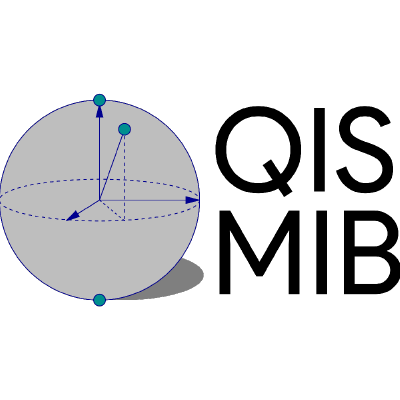Proposte di tesi su Quantum Simulations
Simulating neutrino oscillations on a multi-level quantum system
Neutrino oscillation is a well-established phenomenon explained by quantum field theory (QFT). In the standard model (SM) description, neutrinos are massless and weakly interacting particles. However, to explain the experimental results, it was established that neutrinos have mass and undergo mixing between different flavors. Neutrino oscillation, which implies that neutrinos can change from one flavor to another, is a consequence of the neutrino masses and lepton mixing. The observation of neutrino oscillation has opened a window for physics beyond the SM.
Quantum simulation offers a promising way to study neutrino oscillation, and qutrit and qubit systems have been proposed as potential candidates for simulating neutrino oscillation. Qutrit systems, such as superconducting circuits, can be used to simulate neutrino oscillation with three flavors. By controlling the system parameters and the initial state, qubit and qutrit systems can be used to simulate the neutrino oscillation probability and study the effects of different experimental setups on the oscillation pattern. The discrete nature of qubits allows for the simulation of neutrino oscillation with a finite number of energy levels. By engineering the related Hamiltonian and controlling the experimental parameters, it is possible to simulate different aspects of neutrino oscillation, such as the effects of matter on the oscillation pattern.
The student will begin by acquiring crucial knowledge on neutrinos and neutrino oscillations, as well as comprehending the current state of the art in quantum computing pertaining to multi-level structures of IBM transmon devices. Following this, the student will explore innovative ideas to enhance these simulation methods, with the ultimate objective of identifying new approaches (e.g. quantum optimal control and gate decomposition) that will surpass the present limitations. Simulations will be performed on high performing quantum simulators and on real quantum back ends provided by IBM through the cloud-based quantum computing services provided by IBM Quantum Lab. This
thesis project will involve collaboration with the CERN Quantum Technology Initiative, and there is also a planned period at CERN supported by the University of Milano-Bicocca's Exchange Extra-UE program.
Contacts
Andrea Giachero
University and INFN of Milano-Bicocca
This email address is being protected from spambots. You need JavaScript enabled to view it.
Michele Grossi
CERN · Openlab
This email address is being protected from spambots. You need JavaScript enabled to view it.
 |
qismib.github.io |
 |
biqute.unimib.it |
| quantum.cern |